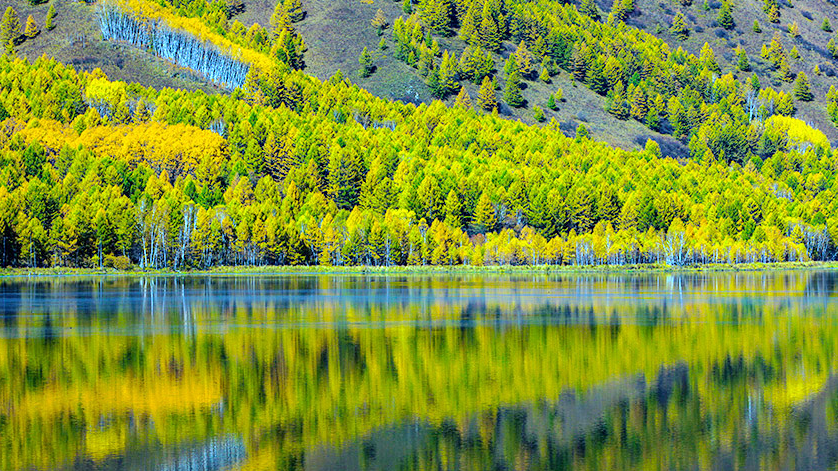Feature: Grape Bank nurtures "seeds of hope" for Lebanese farmers
BEIRUT, Sept. 25 (Xinhua) -- Aref Mghames, head of the vineyard farms organization in eastern Lebanon, believes growing grapes has become a more promising business since the Grape Bank was established six years ago.
"It feels both encouraging and reassuring to have a reliable consultant that we could resort to whenever we have problems in tending the vineyards," Mghames told Xinhua.
The Grape Bank project, which organizes agricultural seminars and practical field exercises on grape cultivation, provides Lebanese farmers with know-how on planting, irrigation, pruning, pesticides application as well as picking, packaging and preserving.
The first such project was launched in Kfar Mishki, a small mountain village in the Rashaya district of the Beqaa governorate in central Lebanon, by the namesake municipality in cooperation with the agriculture and environment ministries as well as expatriates.
Occupying a field of more than 5,000 square meters, the project has about 210 grape grapevines belonging to more than 72 species, said Kamal Saiqali, head of the Kfar Mishki municipality.
Most Lebanese farmers know about five to eight types of grapevines, Saiqali said, adding the bank is open to all farmers who wish to learn about the ways to grow different types of grapevines.
The project also cooperates with international organizations to provide expertise, modern techniques and equipment that not only helped to improve the cultivation but also reduced the production cost by 30 percent.
For Jamal Hamdan, a farmer in Kfar Mishki village, the initiative was "a light of hope" for those who rely on their vineyards for a living.
"Experts teach us to package the grapes according to the international packaging specifications, and help us grow ripe grapes free from any distortions by spraying at specific times and with good pesticides," Hamdan told Xinhua.
"Our grapes can now compete with produces from American and European countries in quality," he added.
According to Saiqali, the village of Kfar Mishki has a rich history with the grapevine.
"With the grapevines occupying 70 percent of its land area, it is regarded as the Lebanese village with the biggest amount of grape production, generating between 4,000 and 6,000 tons of the finest grapes," he said, adding the grapes are exported to many Arab countries, as well as the United States and Canada.
The grape bank not only ensures the farmers a good income, but also helps to preserve local agricultural heritage for future generations, according to Saiqali.
Photos
Related Stories
- Highly-coveted Shine Muscat grape variety grown in China's Xichang reaches tables across country thanks to e-commerce
- Grape fields enter harvest season in south China's Guangxi
- Photo story: growing wine grapes at foothills of Helan Mountain in Ningxia
- Grapes enter harvest season in Zhuolu County, Hebei
- Grape industry boosts local economy in Deqin, China's Yunnan
Copyright © 2022 People's Daily Online. All Rights Reserved.









